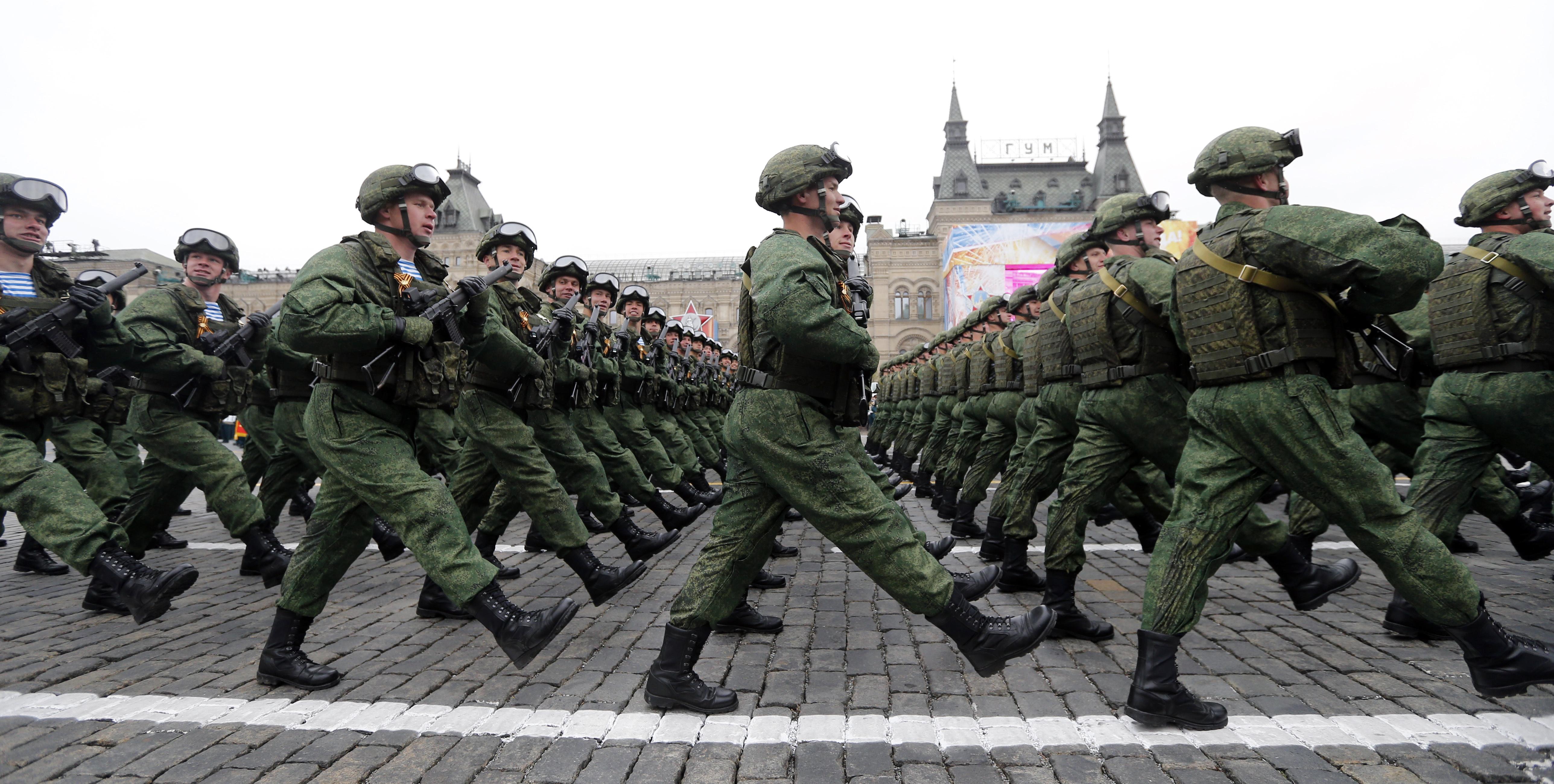
Russia’s toxic military politics
No group in history has posed as many dangers as soldiers who feel abandoned by their leaders. Whether they are conscripts, volunteers or mercenaries, officers or rank-and-file, the men who fought for a cause that later became reviled as failed or wrong are neglected at great peril. History is littered with examples of rogue militias, mutinous guard regiments and brigades-turned-brigands, who have escaped their leash and gone on to wreak havoc and commit worse crimes than their creators ever imagined.
A product of Russia’s mafioso imperium, neither fully of the state nor a market mercenary, the Wagner Group threatens to become our latest example. But in the contest between Vladimir Putin and Yevgeny Prigozhin, there is are clear winners — aggrieved frontline soldiers who demanded better conditions, and their non-commissioned officers (NCOs) who nurse a cult of militarist ultra-nationalism mixed with toxic masculinity. The two men were competing for the allegiances of these soldiers.
Indeed, commentaries on the Wagner Group mutiny against the Russian high command have focused on what it tells us about Putin’s political frailty and the balance of forces in Ukraine. Few have fastened onto the point that Prigozhin channelled the anger of neglected soldiers, and Putin neutralised him by appeasing their grievances.
As it turned out, Prigozhin’s appeal didn’t ignite a wider mutiny and Putin’s counter-offer was better on the day, but the bidding isn’t over. Russia’s soldiers — in the regular army and in the half-dozen private military companies — have tasted power and will be asking for more. Whether they will settle for a material payoff, or whether their demands will be overtly political, remains to be seen. Probably it will be both.
Like forgotten soldiers throughout history, Wagner’s grievances are easy to understand. Shared experience of combat generates heightened emotions and deep bonds of solidarity. Low wages paid late, poor rations, worse sanitation and medical care, are the topic of resentful gossip during the interminable hours of boredom, alongside stories of generals who care only for their own comforts. When the war is over, their skills are no longer in demand. All of this breeds feelings of collective victimhood. Bitter veterans often despise civilian political leaders; they are commonly misogynistic and conspiracy-minded. Theirs is an infectious sentiment that can be eagerly adopted by other men who missed out on the war and crave to join the club.
A ruler bidding for the loyalty of disaffected soldiers is a combustible mix. The would-be tsar in the Kremlin might want to reflect on what happened during the “auction of the Roman empire” in AD 193. That year, the Pretorian Guard mounted a coup and declared that whoever paid them most would become Caesar. Didius Julianus, a man whose wealth and vanity exceeded his political acumen, outbid his rival and won the post — and was assassinated a few months later.
America’s more recent imperial experiments have created their own host of monstrous military offspring. Perhaps most infamously, al-Qaeda started life as a welfare and employment scheme for the “Arab Afghans” — the international brigades of volunteers from the Arab world who joined the jihad against the Soviet Union in the Eighties with CIA backing. They had nowhere to go when the conflict ended. But the Arab Afghans are an unusual case in that these forgotten fighters had actually won their war and had every expectation that they would be welcomed home as heroes. But Saudi Arabia, Egypt and other Arab countries didn’t want them — and Osama bin Laden offered them a home. He gave them jobs on construction projects and farming schemes in Sudan, while those with disabling war injuries got pensions. After Saudi Arabia rebuffed bin Laden’s proposal to remobilise the Arab Afghans as an alternative to the US Army to expel Saddam Hussein from Kuwait, he launched his second jihad.
Later American interventions also saw abandoned soldiers remobilised. Hussein’s Iraqi army was recklessly dissolved by the US provisional administration after taking control of Baghdad in 2003. Many of them joined al-Qaeda and later the Islamic State. The overthrow of Muammar Gaddafi in Libya let loose his Saharan brigades to destabilise Mali. And an even more contemporary case can be found among the US-trained Afghan special forces, abandoned two years ago, and now being recruited by Russia. Isolated, unemployed and under threat in Taliban-ruled Afghanistan, turned away by an impenetrable US immigration system, some of these soldiers have accepted good pay to use their skills in Ukraine.
https://unherd.com/2023/07/russias-toxic-military-politics/
Source » unherd





